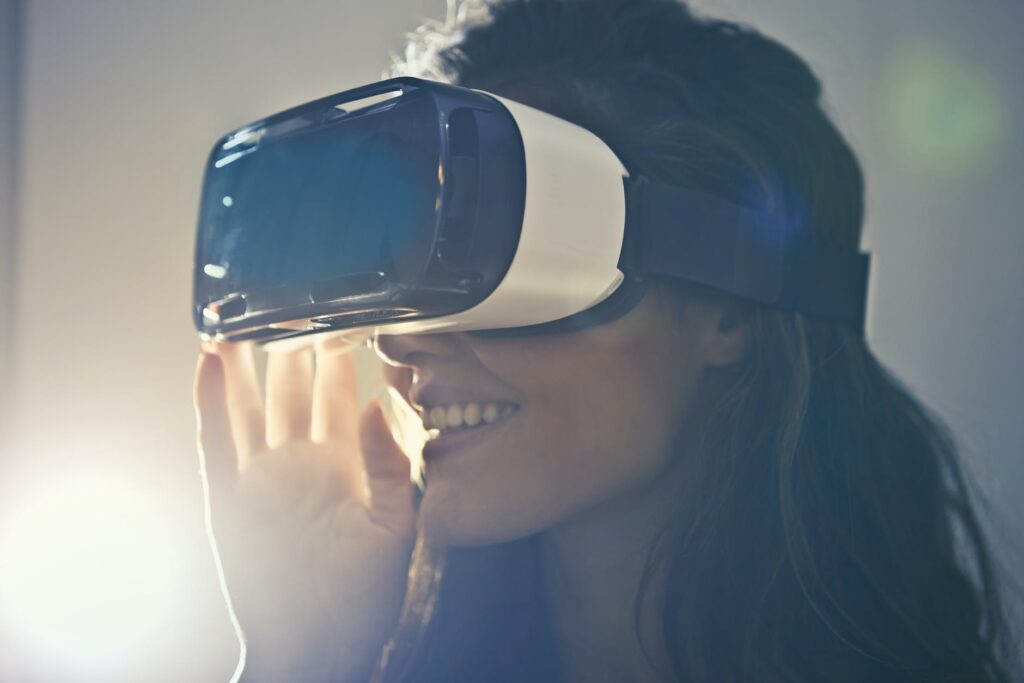
Introduction
Technology is advancing at an unprecedented pace, shaping the world we live in and revolutionizing various industries. From artificial intelligence to virtual reality, innovative technologies are transforming how we work, communicate, and interact with the world around us. In this article, Dylan Sidoo will delve into the latest technological breakthroughs and innovations that are reshaping our future and explore their potential implications across different sectors.
1: Artificial Intelligence and Machine Learning
Artificial Intelligence (AI) and Machine Learning (ML) are at the forefront of technological advancements. AI enables machines to mimic human intelligence, while ML empowers systems to learn and improve from data without explicit programming. These technologies have a wide range of applications, from virtual assistants and autonomous vehicles to predictive analytics and personalized recommendations. AI and ML are revolutionizing industries such as healthcare, finance, and transportation, driving efficiency, accuracy, and innovation.
2: Internet of Things (IoT) and Smart Devices
The Internet of Things (IoT) refers to the network of interconnected devices embedded with sensors, software, and connectivity, allowing them to exchange data and communicate. From smart home devices and wearable fitness trackers to industrial sensors and connected infrastructure, IoT is transforming the way we interact with our surroundings. These interconnected devices enhance convenience, automation, and data-driven decision-making, enabling us to live and work more efficiently.
3: Virtual Reality (VR) and Augmented Reality (AR)
Virtual Reality (VR) and Augmented Reality (AR) technologies offer immersive and interactive experiences, blurring the line between the digital and physical worlds. VR provides users with a simulated environment, while AR overlays digital information onto the real world. These technologies have vast applications, from gaming and entertainment to training simulations, design, and healthcare. VR and AR have the potential to revolutionize industries by enhancing user experiences, improving training outcomes, and enabling new forms of creativity and collaboration.
4: Blockchain and Cryptocurrencies
Blockchain technology is a decentralized, transparent, and secure system for recording and verifying transactions. It has gained significant attention with the rise of cryptocurrencies like Bitcoin and Ethereum. Beyond digital currencies, blockchain has the potential to transform various sectors, including supply chain management, finance, healthcare, and voting systems. Its secure and tamper-proof nature offers increased transparency, efficiency, and trust in transactions and data exchange.
5: Robotics and Automation
Advancements in robotics and automation are reshaping industries and transforming the workforce. From autonomous robots in manufacturing and logistics to surgical robots in healthcare, these technologies enhance productivity, precision, and efficiency. While concerns about job displacement arise, robotics and automation also create new opportunities for skill development, innovation, and improved safety in various sectors.
Conclusion
The rapid pace of technological innovation is opening up new possibilities and transforming the way we live, work, and interact with the world. From artificial intelligence and machine learning to IoT, VR, AR, blockchain, robotics, and automation, these technologies are revolutionizing industries and shaping our future. Embracing these innovations offers countless opportunities for increased efficiency, improved experiences, and solving complex challenges. By staying informed and adapting to these technological breakthroughs, we can harness their potential to create a brighter and more connected world.